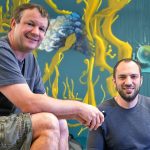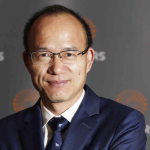The Ultimate Measure of Self-Made Wealthz
In a world where fortunes are often inherited or built on privileged starting blocks, the stories of the truly self-made billionaires offer the greatest lessons. These ten legends defied the odds, starting life with negligible financial support or family backing—often working odd jobs, making huge sacrifices, and betting everything on their visions. As of 2025, they’re not just rich; they are global titans whose journeys offer a blueprint for sheer, entrepreneurial grit. Here’s how they did it, and the strategies that secured their empires.
1. Larry Ellison: The Database Disruptor
Larry Ellison was born in 1944 in New York City and was raised by his aunt and uncle in Chicago. He had virtually no inheritance and twice dropped out of college.
He eventually found his opportunity in the nascent technology sector. In 1977, he co-founded Software Development Laboratories (later renamed Oracle), aiming to commercialize the then-new concept of relational database technology.
Over decades, Ellison built Oracle into one of the world’s largest enterprise software companies. In 2025, he briefly overtook Elon Musk to become the world’s richest person, with a net worth of about $393 billion, driven by Oracle’s strategic pivot and surge in AI cloud infrastructure contracts.
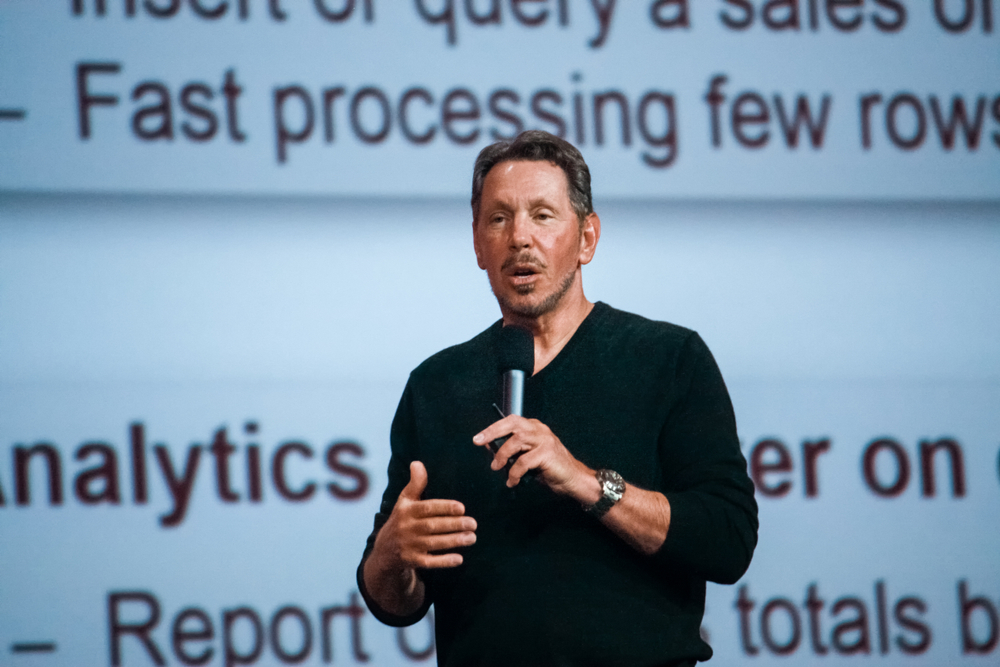
Larry Ellison
2. Oprah Winfrey: From Poverty to Media Icon
Oprah Winfrey was born into poverty in rural Mississippi and endured a deeply challenging childhood. She overcame immense personal obstacles, leveraging a sharp intellect and unparalleled communication skills.
She began her career in local radio and television, eventually launching The Oprah Winfrey Show. By retaining ownership and control, she transformed a daytime talk show into a media, publishing, and philanthropic empire.
Winfrey pioneered the concept of the celebrity entrepreneur who wields cultural influence as a primary asset. In 2025, she remains among the richest self-made women in the world, a testament to the power of personal brand and vertical integration.
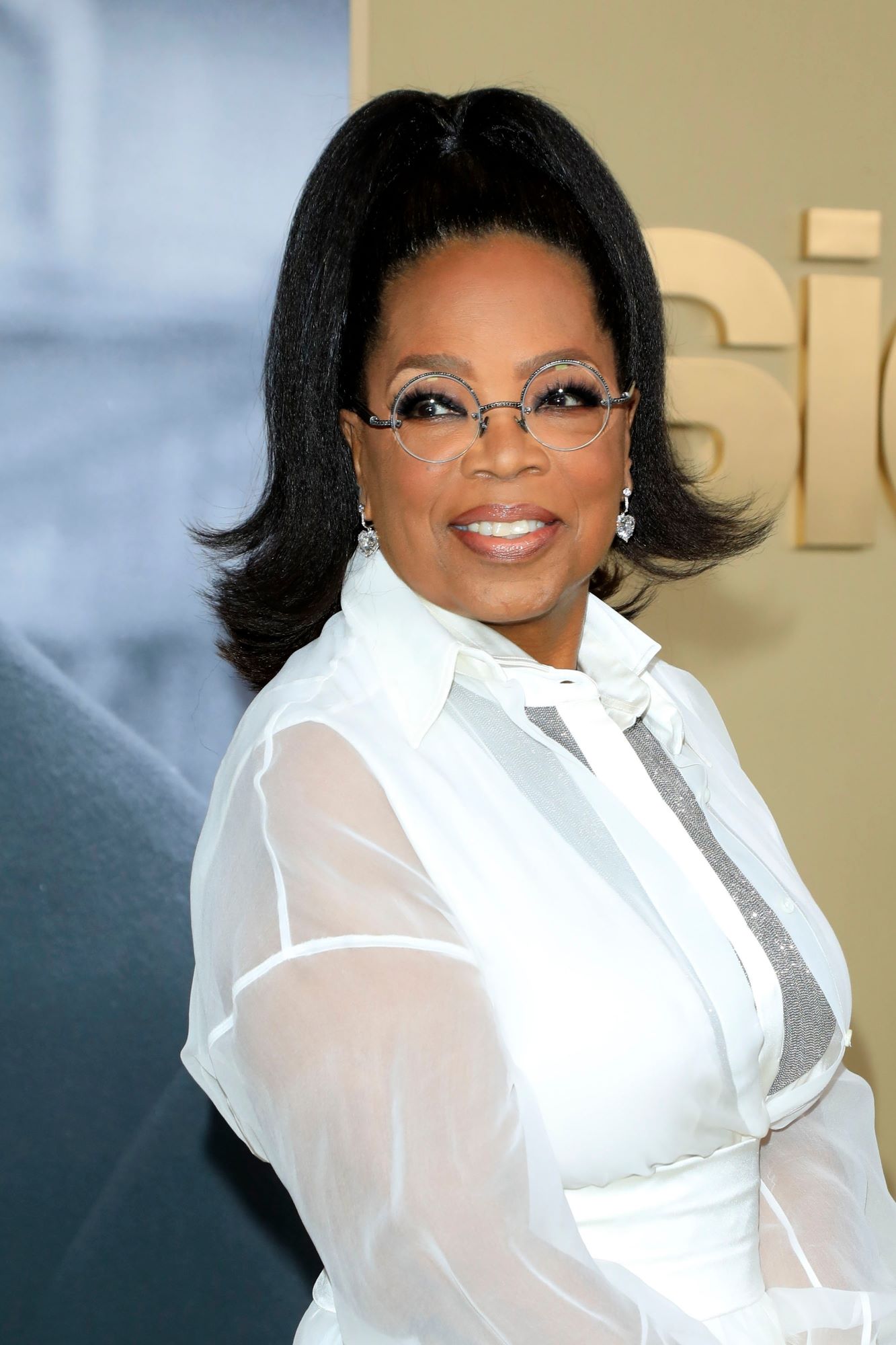
3. Amancio Ortega: Fast Fashion's Vertical Master
Amancio Ortega began working at the age of 14 in northern Spain, first as a shop hand and then as a tailor’s assistant. His early life was defined by the necessity of work.
Recognizing the inefficiency of traditional fashion supply chains, he founded Inditex, the parent company of Zara, in 1975. His innovation was the fast-fashion model, dramatically shortening the design-to-store cycle.
By controlling manufacturing and distribution, Ortega created a retail machine focused on speed and responsiveness. In 2025, Ortega is worth over $100 billion and continues to expand his global real estate holdings outside of his Inditex stake.

Amancio Ortega
4. Ralph Lauren: The Bronx Visionary
Born Ralph Lifshitz, Ralph Lauren grew up in the Bronx as the son of immigrant parents. His earliest jobs included working at Brooks Brothers and designing neckties.
Betting on his vision of a comprehensive American lifestyle, he founded his company and started selling ties out of a drawer in the Empire State Building. He built Ralph Lauren Corporation into an iconic global brand synonymous with luxury and classic style.
In 2025, his brand remains a global staple. His empire is a masterclass in using design, licensing, and brand consistency to convert a simple product idea into a multi-billion-dollar global lifestyle company.
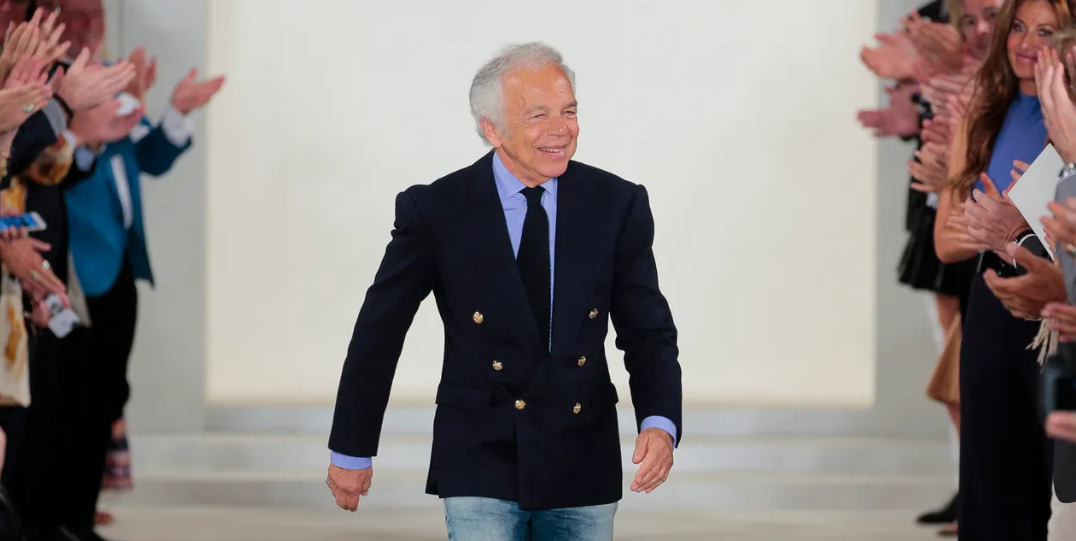
Ralph Lauren
5. Do Won Chang: The Immigrant Retail Engine
Do Won Chang emigrated from South Korea to the U.S. with his wife, Jin Sook. To make ends meet, he worked three jobs concurrently as a janitor, a gas station attendant, and in a coffee shop.
In 1984, the couple used modest capital to open their first small store, which became Forever 21. They scaled the fast-fashion retailer rapidly by replicating trends and catering directly to a young, budget-conscious demographic.
Though the business has faced recent challenges and restructuring, Chang’s success story remains a notable example of an immigrant leveraging relentless hard work and market opportunity to create a massive retail operation.
6. Li Ka-Shing: The Hong Kong Conglomerate Builder
Li Ka-Shing lost his father to tuberculosis early in life and was forced to drop out of school at age 15 to help support his family. He worked 16-hour days in a plastics factory.
He started his own plastics company in 1950, which eventually evolved into an empire spanning real estate, port operations, utilities, and telecommunications. His firms, such as CK Hutchison Holdings, dominate vast sectors in Asia and beyond.
Li’s story is defined by a strategic, long-term vision and diversification. Although less publicly active now, his conglomerates still generate vast wealth and control critical global infrastructure.
7. Harold Hamm: The Pioneer of Shale Oil
Born to sharecroppers in Oklahoma and raised in extreme poverty, Harold Hamm worked in oil fields from a young age and often slept in his car.
He founded Continental Resources in the 1980s, decades before the shale revolution. His pioneering work in horizontal drilling and hydraulic fracturing unlocked massive reserves, fundamentally reshaping U.S. and global energy markets.
Hamm's insight and technical risk-taking turned his company into a major energy player. As of 2025, he remains a highly prominent and influential figure in U.S. energy investment circles.
8. Shahid Khan: From Welder to NFL Owner
Shahid Khan emigrated from Pakistan to the U.S. at age 16 with just a few hundred dollars. He worked as a dishwasher and engineer while earning his degree.
He secured a contract with an auto parts firm and later bought it, building it into the global manufacturing giant Flex-N-Gate. He expanded his wealth into sports, acquiring the Jacksonville Jaguars (NFL) and Fulham FC (English soccer).
Khan’s success exemplifies the power of engineering expertise combined with aggressive expansion and diversification. His holdings in industry and sports make him one of the wealthiest self-made men in America today.
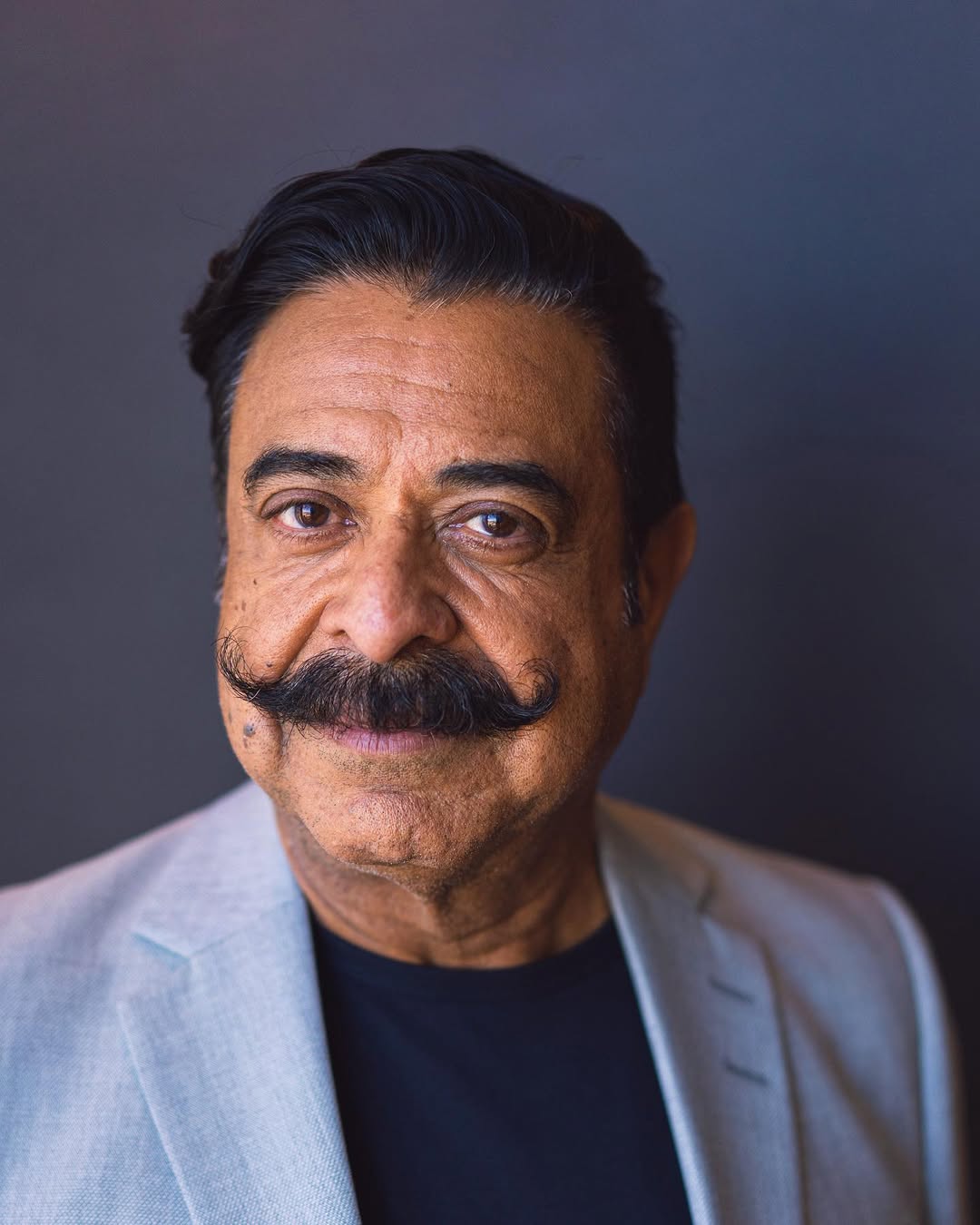
Shahid Khan
9. John Paul DeJoria: The Serial Co-Founder
John Paul DeJoria spent his early years living in a foster home and was intermittently homeless as an adult, working various odd jobs including selling encyclopedias.
He co-founded Paul Mitchell hair products, pioneering a unique approach by selling directly to salons. He later co-founded Patrón Tequila, building both brands from near zero with minimal initial capital.
DeJoria's journey is a case study in building luxury brands from scratch by controlling distribution and creating exclusivity. By 2025, his net worth is in the billions, fueled by his continued investment in beauty and lifestyle ventures.
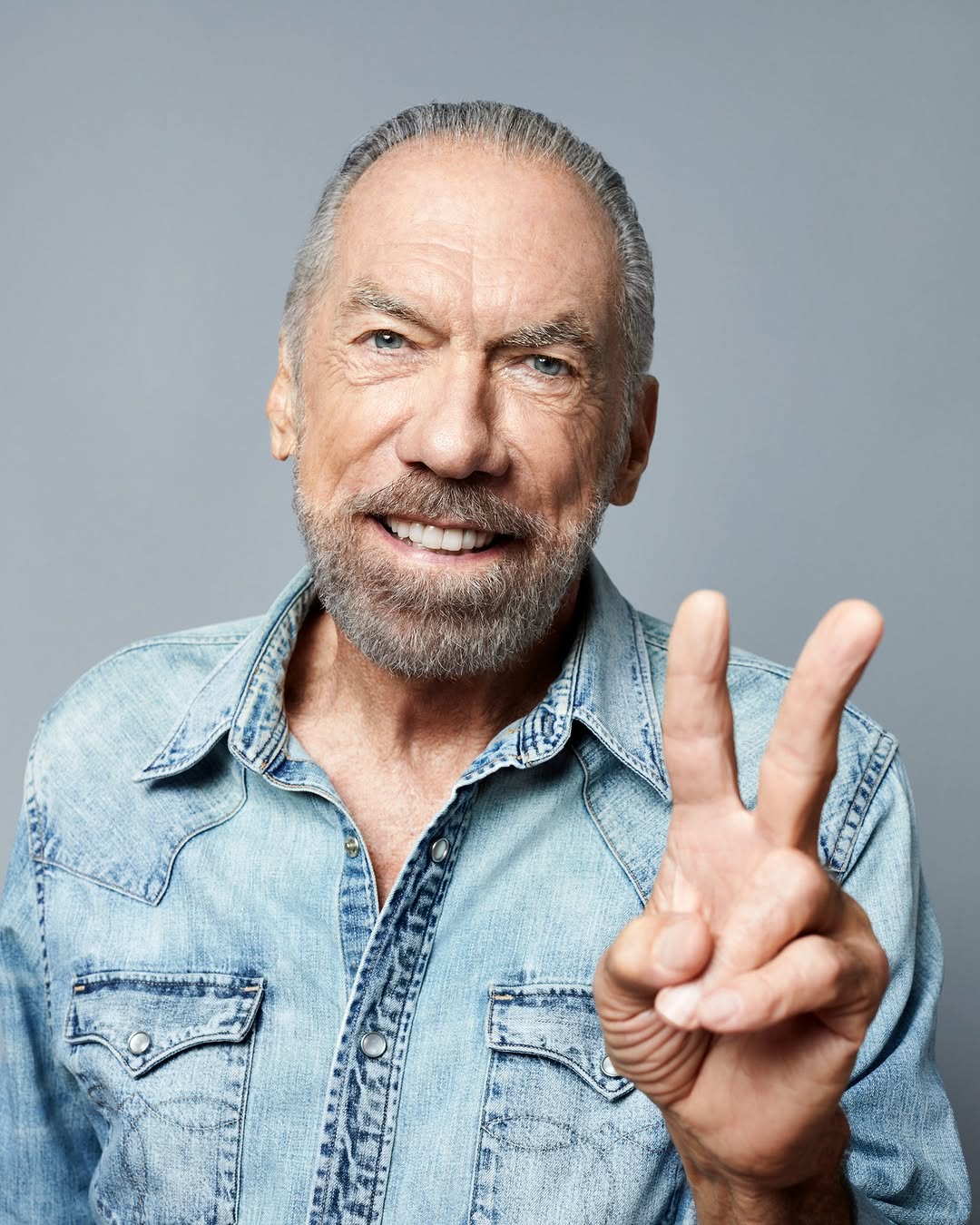
John Paul DeJoria
10. Dietrich Mateschitz: Creating a Category
After working in marketing for companies like Procter & Gamble and Unilever, Austrian Dietrich Mateschitz identified a niche market for specialized beverages based on an energy tonic he found in Thailand.
In 1984, he co-founded Red Bull, essentially creating the energy drink category from scratch. He used aggressive, innovative marketing and massive sports sponsorships to build the brand globally.
Mateschitz built an iconic company that is as much a media and sports powerhouse as it is a beverage company. As of 2025, the brand remains dominant across sports, media, and events worldwide.
Conclusion: The Unrelenting Pillars of Self-Made Wealth
Looking across these ten monumental stories, three common pillars emerge that separate these titans from the competition:
- Relentless Resilience & Low-Capital Innovation: They started with nothing, which forced them to be hyper-efficient and resilient. They innovated not with capital, but with ideas (Ortega's supply chain, Mateschitz's branding, Khan's engineering).
- Vertical Control: They refused to rely on others for their core operations. Ellison built the database; Ortega controlled the supply chain; Winfrey controlled the content. They maintained full control over their crown jewels.
- Owner Mentality: They maintained large or majority ownership stakes in their core ventures. They did not trade away equity for short-term comfort.
In 2025, when industries are shifting faster than ever, the stories that endure are those of individuals who started small, dreamed big, and never relinquished control.
How Many Billionaires in the World Are Self-Made?
As of 2025, global wealth reports estimate there are between 2,800 and 3,000 billionaires worldwide. Of these, roughly 67% are self-made — meaning they built their fortunes through entrepreneurship, innovation, or investment rather than inheritance. That’s an estimated 2,000 to 2,200 individuals who started with little and climbed to billionaire status through sheer determination and vision.
This self-made trend is most visible in economies driven by innovation, such as the United States and China, where technology and new industries have minted a new generation of billionaires. In contrast, parts of Europe still feature a higher proportion of inherited dynastic wealth.
Interestingly, even among the Top 10 Richest People in 2025, most are self-made — names like Elon Musk, Jeff Bezos, and Bernard Arnault highlight how innovation and relentless drive continue to dominate the world’s wealth rankings. These individuals represent not only the pinnacle of financial success but also the enduring appeal of the self-made dream in a rapidly evolving global economy.








